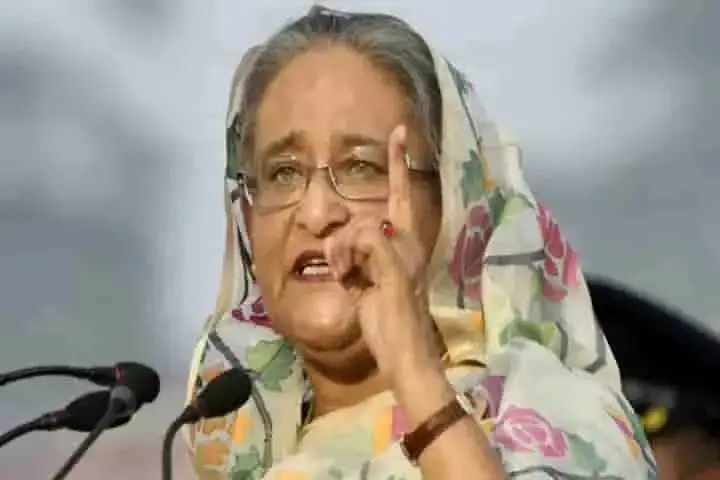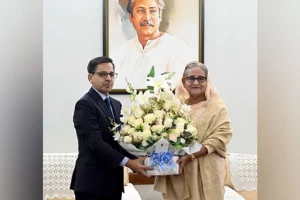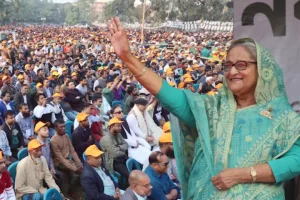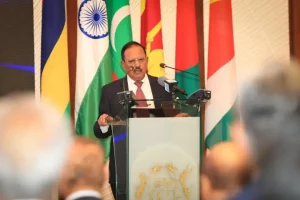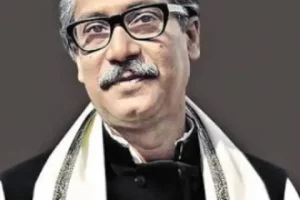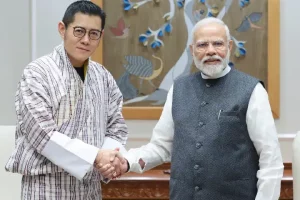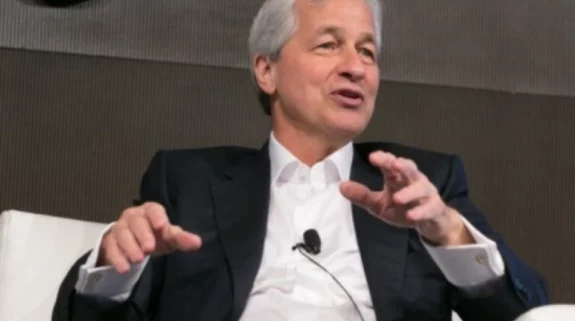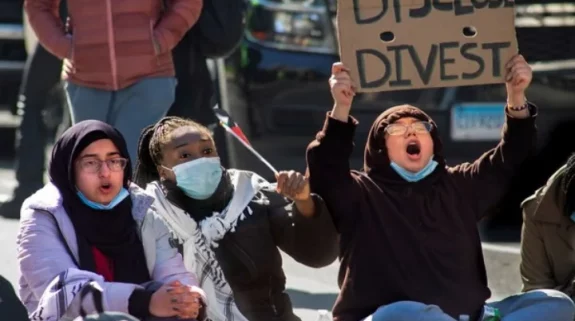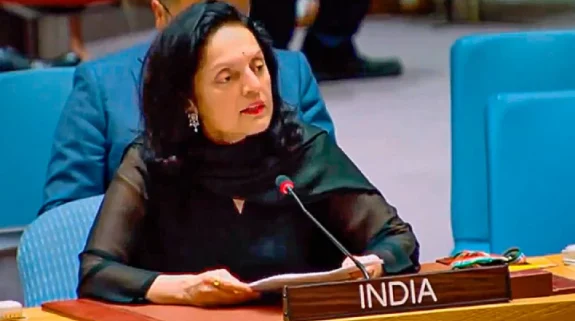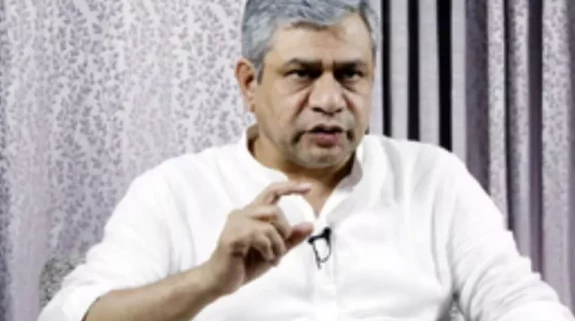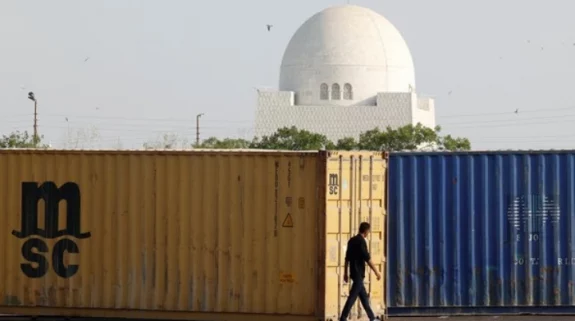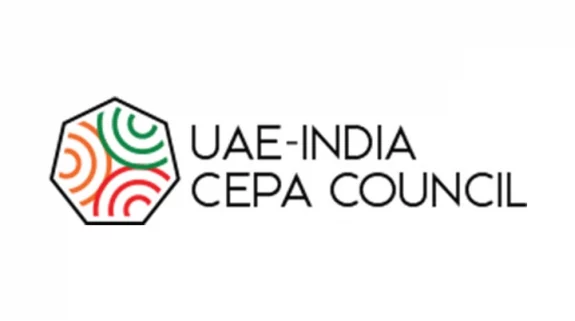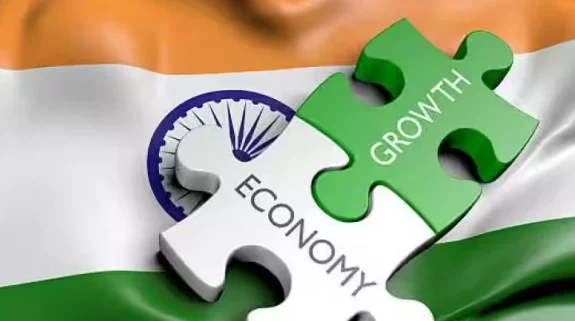The year 1971 and its political outcome have left an imprint on South Asia, especially India, Bangladesh and Pakistan. Not only was Bangladesh, born in that year, separating from Pakistan after a bloody and violent liberation war, Prime Minister Sheikh Hasina’s father Bangabandhu Sheikh Mujibur Rahman, also known as the Father of the Nation, was brutally murdered along with his wife and sons on August 15 — the same year.Analysts told India Narrative that politics of 1971 and the subsequent developments in South Asia continue to influence the narrative of the region. On December 16, Bangladesh would be completing 50 years of its liberation.
The European Foundation for South Asian Studies (EFSAS) in a recent report said that the breakup of Pakistan marks a monumental historical junction in the history of modern South Asia and had distinct implications: for Bangladesh, it meant liberation from oppressive Pakistani rule. “For Pakistan, it resulted in the breakaway of the country’s most populous province and the loss of the status as the sole homeland for the Muslims of the Indian subcontinent,” it said.
Also read: Maitri Diwas: From physical to emotional connectivity—the way forward for Indo-Bangladesh ties
The national memories and narratives connected to the Bangladesh war of independence, fought between late March and mid-December 1971, continue to shape political processes in both Bangladesh and Pakistan, the report said.
Bangladesh economy in 1971
Bangladesh's economic transformation from a poverty-stricken land to relative prosperity has been a stunning achievement. Bangladesh’s economy, in fact, was in tatters in 1972, when it contracted by about 14 per cent. According to the World Bank, Bangladesh's gross domestic product (GDP) stood at $ 628 crore in 1971 while Pakistan’s was at $941.5 crore. The then US Secretary of State Henry Kissinger in 1971 had described Bangladesh as a basket case.
In 2020, Bangladesh’s GDP was at $32,423.9 crore compared to Pakistan’s $26,368.6 crore. And now the country is ready to move out of the list of least developed countries.
“Kissinger has crossed 90 years of age and little did he know then that Bangladesh GDP could overtake that of Singapore and Malaysia by middle of this decade,” the Economic Times said. The key to Bangladesh's economic transition has been its investment in the human development sphere.
“The focus for Bangladesh PM has been socio-economic development. She (Prime Minister Sheikh Hasina) has also handled issues relating to extremism and fanaticism and that is considered a huge achievement,” Subir Bhaumik senior journalist and an expert on South and Southeast Asia told India Narrative.
Also read: India-Bangladesh 'Maitri Diwas' celebrated all over the world
Hasina has also been making a continuous effort in cracking down on the extremist elements, so that economy including foreign investment can surge in the aspirational South Asian state.
Bhaumik added that the increased women participation in the workforce has helped as well.
“Hasina is well aware of the fact that it is non-negotiable to maintain peace and weed out of extremism in the region.. you can’t have extremist elements operating in the region and wish for success..South Asia as a block has to progress together and mutual co-operation is a must,” another analyst said.
Some in Pakistan have also realised that investment in the human capital and ensuring social stability is key to economic progress. A Pakistan based newspaper in 2019 said that Bangladesh sees its future in human development and economic growth. “Goal posts are set at increasing exports, reducing unemployment, improving health, reducing dependence upon loans and aid, and further extending micro credit,” it said adding that for Pakistan, human development comes a distant second. On the contrary, Pakistan's focus on the countering India and to some extent Iran has blind-sighted it to investing in its people.
“The bulk of national energies remain focused upon check-mating India. Relations with Afghanistan and Iran are therefore troubled; Pakistan accuses both of being excessively close to India,” it added.
In contrast, riding on its current success Bangladesh is planning to elevate its economy to the next level. Earlier this year, Hasina told her cabinet, “We’ve got established ourselves as a developing country. We’ve reached here overcoming so many hurdles both from home and abroad.”
“Bangladesh is now independent, and it’ll remain independent. We’ll build it as Golden Bangladesh of the Father of the Nation,” she said.






